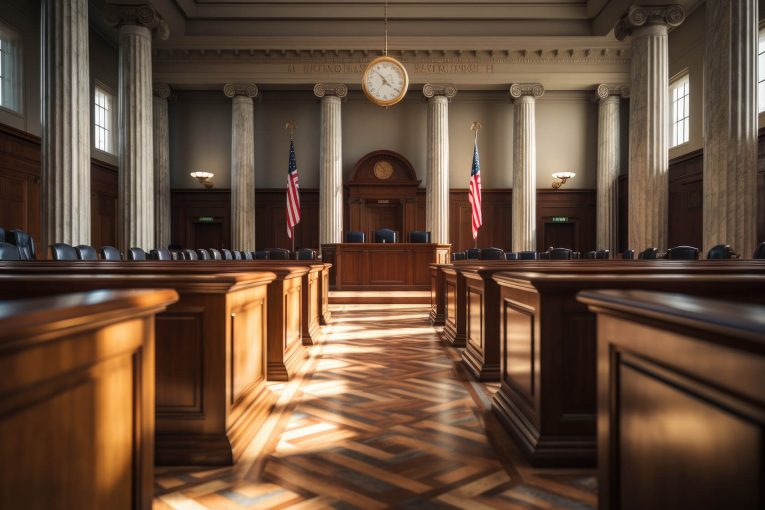
FAIRFIELD, CA – The First Amendment Coalition reported its support for the media group Open Vallejo, and the ACLU, which complained a judge here in Solano County Superior Court blocked the full release of an investigative report into Vallejo police badge bending—to commemorate cop shootings—and then closed a hearing about the issue to keep the public and press out in October.
The groups, said FAC, claimed their 1st Amendment rights had been directly violated.
Open Vallejo reported that Judge Stephen Gizzi “ordered the Vallejo Police Department to release 18 pages of the roughly 150-page badge bending report, according to Avi Frey and Emi Young, attorneys with the American Civil Liberties Union of Northern California.
“The department also must disclose background communications and other records, but much of the documents related to badge bending among Vallejo officers are expected to remain concealed.”
Open Vallejo said the ACLU in early 2022 “filed a public records request seeking records related to a third-party investigation into allegations that some Vallejo officers bent the tips of their badges to commemorate police shootings, a ritual first revealed in 2020 by Open Vallejo.
“The civil liberties organization sued Vallejo later that year after the police department denied its request.”
FAC, in writing “Why the Fight For Court Access is So Important – Even When it Fails,” said it was “expected we’d at least get the chance to explain that the judge’s plan would violate the First Amendment. We were wrong.”
Judge Gizzi refused to read all documents arguing against their motion, and prevented all public citizens from entering the courtroom on the first day of the hearing, said FAC.
Author David Synder argues the denial of entry into a public courtroom was “by itself a plain violation of the First Amendment and California law,” adding “the public and press have a right to be heard—to make the case that the hearing must remain open.”
Furthermore, he said, the judge conducting the hearing in question motioned to deny all press and public from present and future court proceedings relating to anything about the case.
The author further acknowledges this incident also “violated the U.S. Constitution and California law. If the judge had entertained our arguments, he might have understood that and let the public in as the law required.”
The FAC article stresses the importance of judges recognizing the public’s right to access, in that transparency regarding public information should be in continual practice.
Synder notes that losing arguments “can be effective vehicles for educating the public and members of the judiciary.”
The article cites another article reporting on another improperly closed hearing, in which it can be learned, “Civil court proceedings are presumptively open to the public, under birth state law and the First Amendment… courts must hold a public hearing to establish that there is an ‘overriding interest’ in doing so.”
The hearing involved the denial of a public records request “related to the investigation… alleging the department failed to produce records relating to investigations into police abuses, as required under the CPRA.”
Judge Gizzi ruled the Oct. 2 hearing would be closed the afternoon before; furthermore, the transcript regarding the hearing would also be closed to the public.
“These motions pertain to matters of substantial public interest and importance, namely the right of public access to information regarding badge bending misconduct by Vallejo Police Department officers—the very subject of the ACLU’s underlying Public Records Act request and the present litigation to enforce it,” the ACLU argued.
Synder concludes his article, saying “if nobody speaks out, there’s not even a chance that the rights of the public and press will prevail.”
To commemorate cops shooting or being shot?